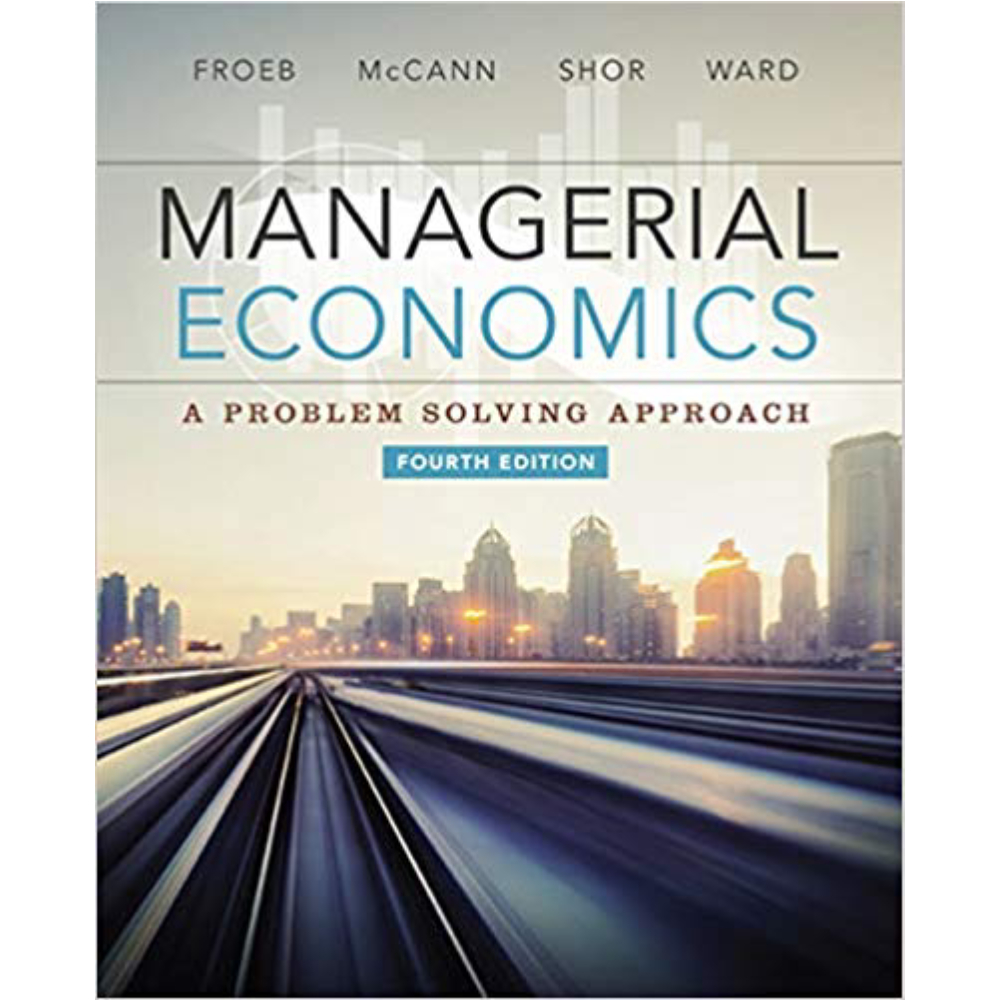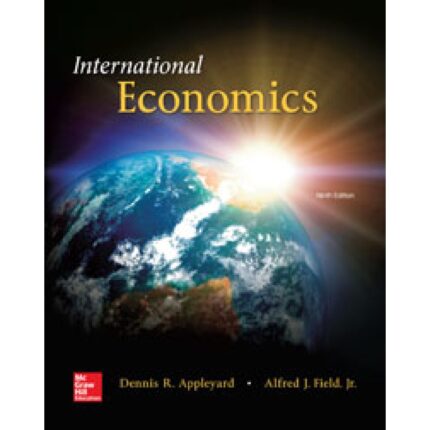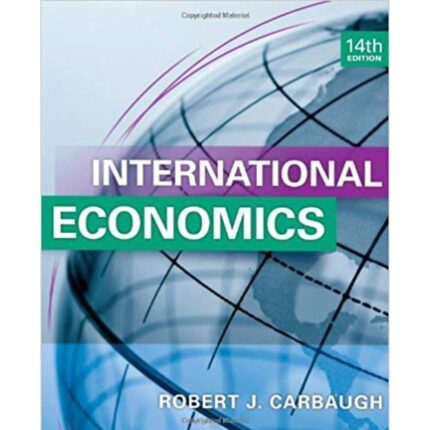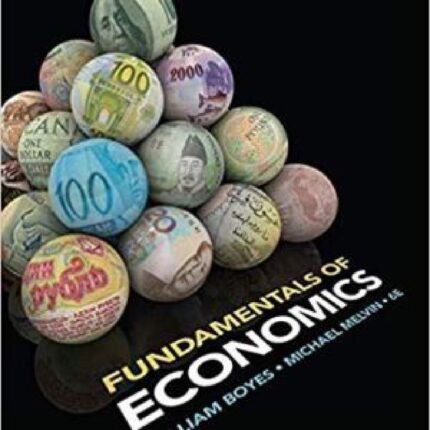1. When interest rates go up, people are
a. More likely to borrow
b. Less likely to borrow
c. Does not affect a person’s consumption
d. None of the above
ANSWER: b
TOPICS: Section 1: The Market for Foreign Exchange
2. When interest rates fall, people are
a. More likely to borrow
b. Less likely to borrow
c. Not likely to change borrowing patterns
d. None of the above
ANSWER: a
TOPICS: Section 1: The Market for Foreign Exchange
3. Holding other things constant, a depreciation of the US Dollar relative to the Kenyan Shilling would cause the demand for the Shilling to _____________ and the supply for Shilling to __________.
a. Increase; decrease
b. Increase, increase
c. Decrease; Increase
d. Decrease; Decrease
ANSWER: c
TOPICS: Section 1: The Market for Foreign Exchange
4. Holding other things constant, a decrease in the inflation rate in the US compared to the Canadian economy may cause the demand for the US dollar to _____________ and the supply to __________.
a. Increase; decrease
b. Increase, increase
c. Decrease; Increase
d. Decrease; Decrease
ANSWER: a
TOPICS: Section 1: The Market for Foreign Exchange
5. Holding other things constant, a decrease in the inflation rate in the US compared to the Canadian economy will cause the demand for the Canadian dollar to _____________ and the supply to __________.
a. Increase; decrease
b. Increase, increase
c. Decrease; Increase
d. Decrease; Decrease
ANSWER: c
TOPICS: Section 1: The Market for Foreign Exchange
6. The term to describe one currency in terms of another is called
a. The interest rates
b. The market price
c. The inflation rate
d. The exchange rate
ANSWER: d
TOPICS: Section 1: The Market for Foreign Exchange
7. An individual in the US wants to buy a car from England which costs 12,000 pounds. If the exchange rate is 1 pound = $1.75, how much would the car cost him in dollars?
a. $21,000
b. $6,800
c. $12,000
d. Need more information
ANSWER: a
TOPICS: Section 1: The Market for Foreign Exchange
8. The demand for dollars is downward sloping because when dollar appreciates,
a. Foreigners demand more US goods and services
b. Foreigners demand fewer US goods and services
c. Foreigners demand more dollars
d. Foreigners do not change their demand for US goods and services
ANSWER: b
TOPICS: Section 1: The Market for Foreign Exchange
9. Holding other things constant, an appreciation of the US Dollar relative to the Chinese Yuan causes the demand for the Yuan to _____________ and the supply for Yuan to __________.
a. Increase; decrease
b. Increase, increase
c. Decrease; Increase
d. Decrease; Decrease
ANSWER: a
TOPICS: Section 1: The Market for Foreign Exchange
10. Holding other things constant, an increase in the inflation rate in the US compared to China may cause the demand for dollar to _____________ and the supply for dollar to __________.
a. Increase; decrease
b. Increase, increase
c. Decrease; Increase
d. Decrease; Decrease
ANSWER: c
TOPICS: Section 1: The Market for Foreign Exchange













Reviews
There are no reviews yet.